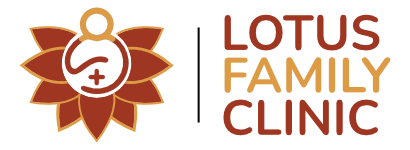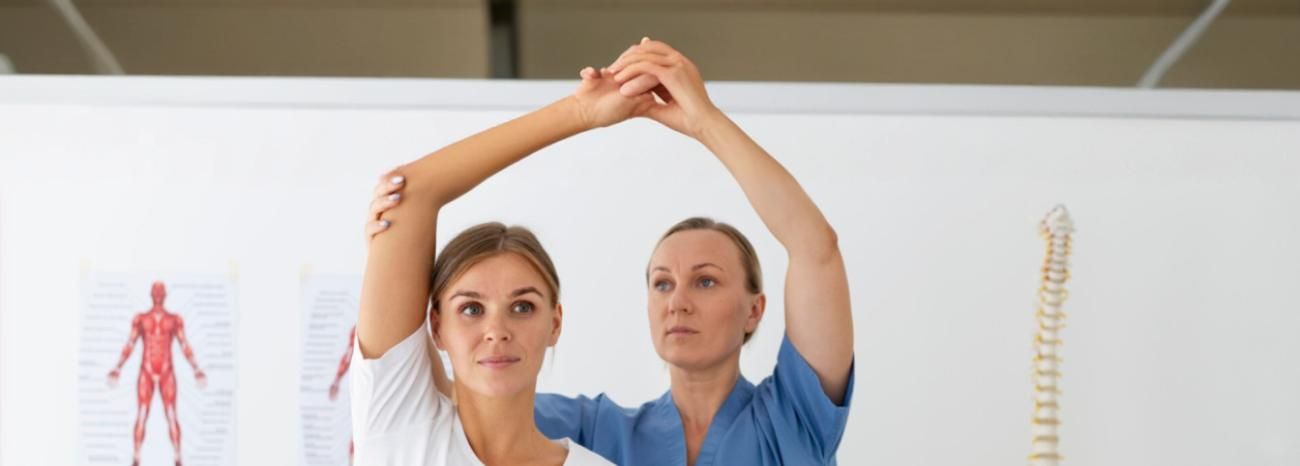If you're 45 and over, or 30 and over if you're of Aboriginal or Torres Strait Islander descent, you should book your Heart Health Check today
Key takeaways
- 1.4 million Australians have a high chance of having a heart attack or stroke in the next five years. Many are unaware of this risk
- Regular heart health checks with your GP help you better understand your risk of a heart attack or stroke in the next five years
- Your GP and nurse can support you to make positive changes to lower this risk
Do you know what your risk of having a heart attack or stroke is? Having a regular Heart Health Check with your GP will help you better understand your risk of a heart attack or stroke.
Most importantly, your GP and nurse can support you to lower this risk. A Heart Health Check is a 20-minute check-up with your GP to assess your risk of having a heart attack or stroke.
Why should you get a Heart Health Check?
Heart Health Checks can detect issues with your heart health. Coronary heart disease is usually the underlying cause of a heart attack, which is Australia’s number one cause of death. Coronary heart disease is caused when the arteries leading to the heart become hardened or narrow.
One Australian has a heart attack or stroke every four minutes. Many people may not be aware of their risk factors for heart disease. Also, some risk factors like high blood pressure or high cholesterol can be silent.
Who needs a Heart Health Check?
One fifth of Australians aged 45–74 years have a high chance of having a heart attack or stroke in the next five years.
Anyone 45 years and over or 30 years and over for Aboriginal and Torres Strait Islander peoples should have a regular Heart Health Check with their doctor.
What should you expect in your Heart Health Check?
Different tests to check your risk factors
Your GP or nurse will check your blood pressure, cholesterol and blood sugar levels.
A discussion about your history and lifestyle
Your lifestyle is an important part of assessing your risk of heart disease, as these factors can all play a part. You may be asked about:
- Your diet
- Physical activity levels
- If you smoke or drink alcohol
- Whether you are maintaining a healthy weight
- Your medical and family history.
Risk assessment
Next, your GP uses the information gathered to assess your risk of having a heart attack or stroke in the next five years.
Make a plan
If needed, your GP or nurse will work with you to set a plan for improving your risk factors for heart disease and keep on top of your heart health.
Take medication
People at high risk of having a heart attack or stroke in the next five years may need to take medication and make lifestyle changes to lower their risk.
Referral for more support
Your GP may refer you to another health professional for further support. For example, this could include seeing a dietitian to help you make the right changes to your diet or other lifestyle support programs and walking groups.
What are the benefits of a Heart Health Check?
Understanding your risk of having a heart attack or stroke is the first step in lowering the risk. Your GP or nurse will give you advice on the immediate steps you can take to lower your risk of heart disease.
How much does a Heart Health Check cost?
Since April 2019, Heart Health Checks have been covered by Medicare and are free at practices that bulk bill this service.
What other support will you have to make healthy changes?
The Heart Foundation has plenty of free resources and activities that can help you make positive changes to your lifestyle:
- Eat healthy with our heart-healthy recipes.
- Be active by joining or leading a Heart Foundation walking group for free.
If you are 45 years and over or 30 years and over for Aboriginal and Torres Strait Islander peoples, see your GP for a Heart Health Check today.








